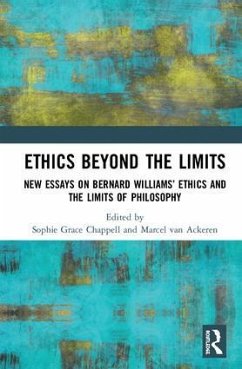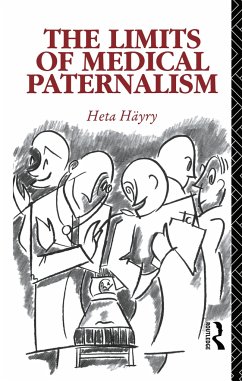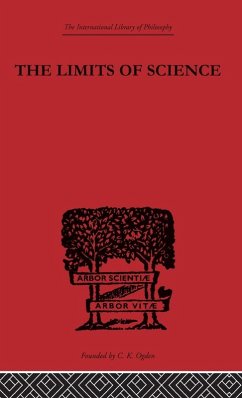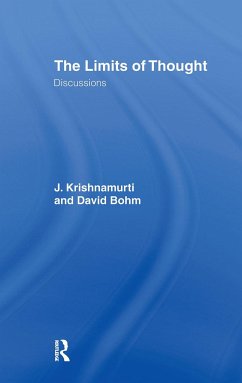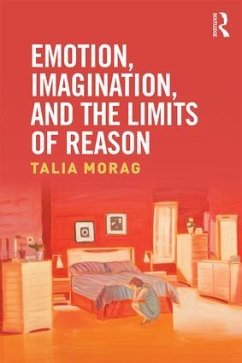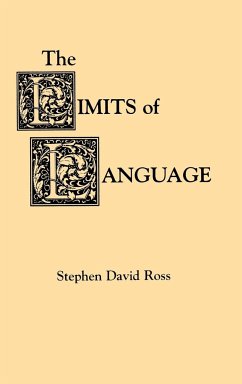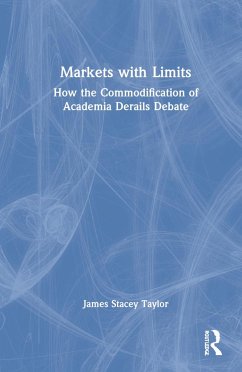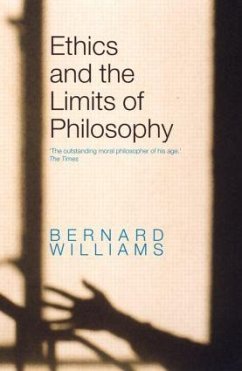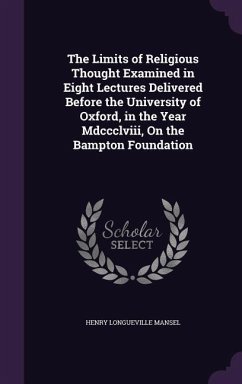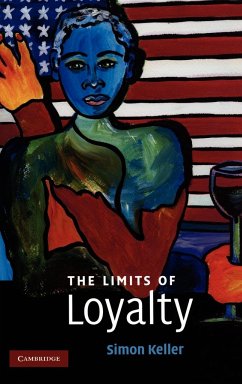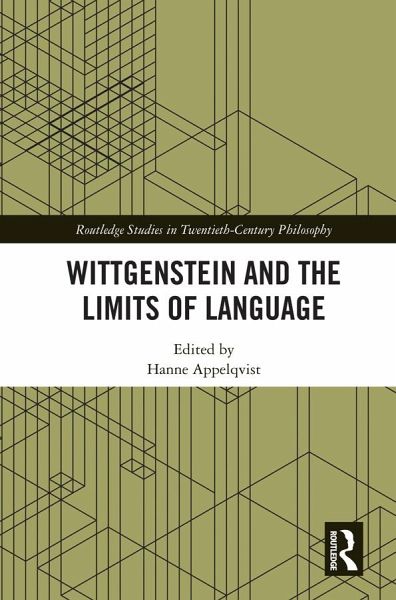
Wittgenstein and the Limits of Language

PAYBACK Punkte
84 °P sammeln!
The limit of language is one of the most pervasive notions found in Wittgenstein's work, both in his early Tractatus Logico-Philosophicus and his later writings. Moreover, the idea of a limit of language is intimately related to important scholarly debates on Wittgenstein's philosophy, such as the debate between the so-called traditional and resolute interpretations, Wittgenstein's stance on transcendental idealism, and the philosophical import of Wittgenstein's latest work On Certainty. This collection includes thirteen original essays that provide a comprehensive overview of the various ways...
The limit of language is one of the most pervasive notions found in Wittgenstein's work, both in his early Tractatus Logico-Philosophicus and his later writings. Moreover, the idea of a limit of language is intimately related to important scholarly debates on Wittgenstein's philosophy, such as the debate between the so-called traditional and resolute interpretations, Wittgenstein's stance on transcendental idealism, and the philosophical import of Wittgenstein's latest work On Certainty. This collection includes thirteen original essays that provide a comprehensive overview of the various ways in which Wittgenstein appeals to the limit of language at different stages of his philosophical development. The essays connect the idea of a limit of language to the most important themes discussed by Wittgenstein-his conception of logic and grammar, the method of philosophy, the nature of the subject, and the foundations of knowledge-as well as his views on ethics, aesthetics, and religion. The essays also relate Wittgenstein's thought to his contemporaries, including Carnap, Frege, Heidegger, Levinas, and Moore.




